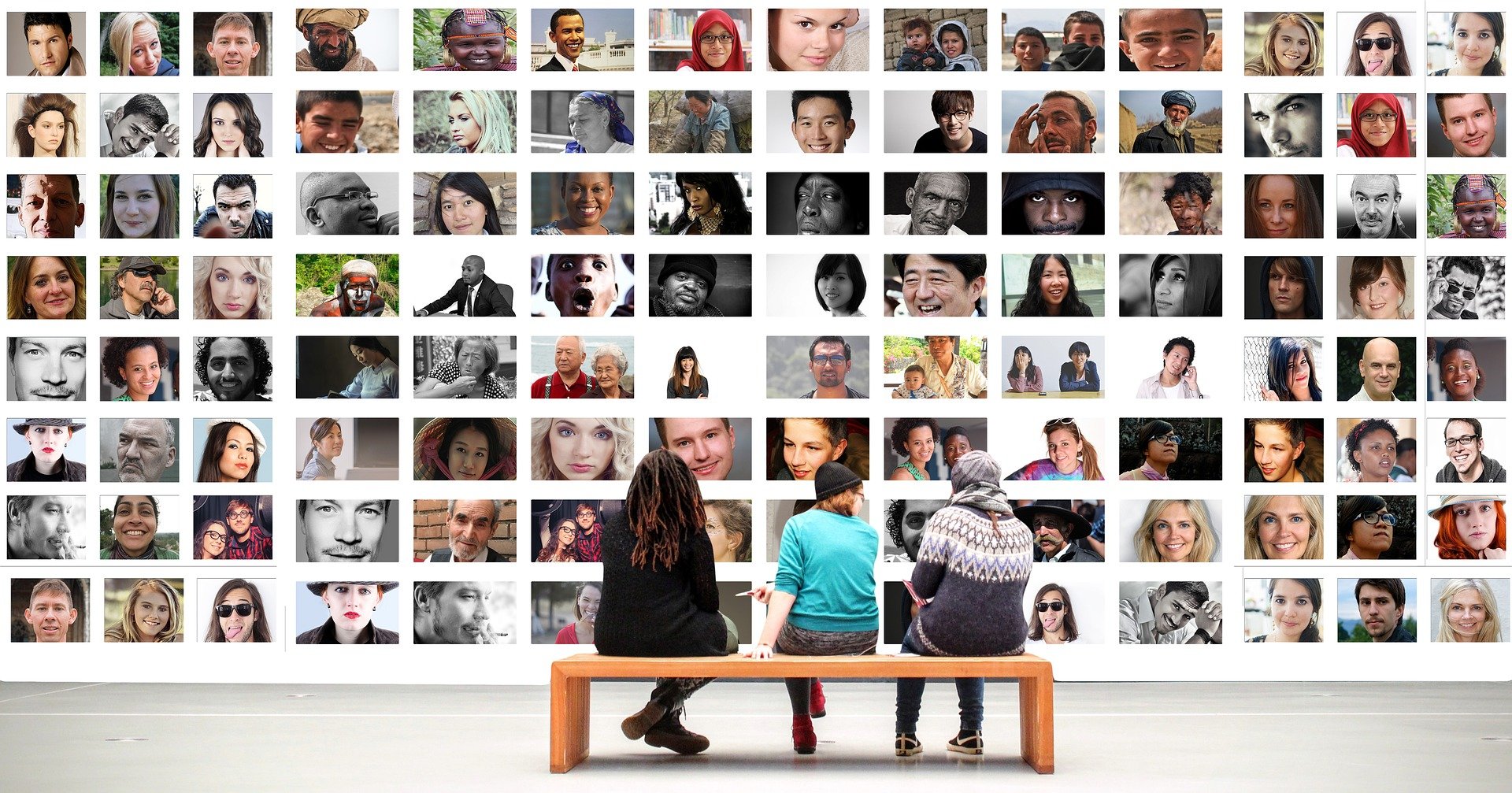7 Reasons Why Diversity in Tech Matters

12th September 2021
On one level, tech should be the most diverse and inclusive industry, after all, employers don’t care what school you went to, your skin colour, your accent or what clothes you wear as long as you can do the job, debug the code, work as a team and deliver on time. That’s right isn’t it?
But is this what it’s like in practice? In reality tech is not as diverse as it could be or indeed should be. So why should we care? Here are 7 reasons and, although they are numbered, they are not in order of importance! Let us know what the 8th could be.
1 It matters because it affects the bottom line
Research by McKinsey finds that companies in the top quartile for gender or racial and ethnic diversity are more likely to have financial returns above their national industry average. They concluded that more diverse companies were better able to win top talent and improve their customer experience, employee satisfaction, and decision making, leading to a virtuous cycle of increasing returns.
In the UK the the gender gap in tech will cost the UK economy an estimated £150 billion by 2025.
2 It matters because tech should serve to improve society
In a recent viral video, a white man and a black man both try to get soap from an automatic soap dispenser. The machine dispenses soap for the white man, but not for the black man. The infra red detector fails to identify the black man’s skin to dispense the soap but when a white paper towel is placed underneath, it dispenses soap on it. This might seem to be a minor inconvenience but it has serious implications – does technology discriminate?
Tech should serve to improve society, not amplify or exacerbate biases. If tech discriminates then we need to ask “why?”.

3 It matters because tech can improve everyone’s health
Taking the example above, it’s not just a question of getting soap from a dispenser but when health outcomes for many communities are poor, then these biases in technology can amplify and widen gaps. For example, if the above soap dispenser was a dispenser of anti-covid hand gel, then the black individual wouldn’t get the gel and the white one would. Is that fair?
There are many other examples of health tech gadgets not working on black skin which means the black individual has less access to and can rely less well on heart monitors, fitness trackers and blood oxygen monitors.
Perhaps if the manufacturer has a more diverse workforce then the product could have been tested on a variety of skin types. But of course, just having a diverse workforce doesn’t solve the problem, a change in organisational culture and true diversity in decision makers needs to happen.
‘Who codes matters, we must check each other’s blind spots…’
Joy Buolamwini
How is technology able to evolve and perform better, improve business, and give the right responses when you are only given a single set of developers, all from a common background, forming the basis for building models for machine learning and decision-making?
Joy Buolamwini, is on a mission, through her ‘Algorithmic Justice League’to fight bias in algorithms. She and they want prejudice to be removed from our technology.

Photo by Niccolò Caranti
Joy found that facial recognition software did not recognise her face as an African American woman, unless she wore a white mask. Check out the trailer for the thought-provoking film “Coded Bias“.
4 It matters because we will invent more!
Having more diverse teams, offices and places of work can lead to more creativity and inventions. Think of all the things that haven’t been invented because teams haven’t been diverse!
5 It matters because: “what do you want for your children?”
If you think diversity in tech, or any industry doesn’t matter, ask yourself, if your daughter was passionate about a particular field of work and wanted to enter that industry but was prevented from doing so by invisible barriers, wouldn’t you do everything in your power to help knock those barriers down? This isn’t a zero sum game, having more underrepresented people in tech shouldn’t lead to less opportunities for the current dominant groups.
Before the Second World War, most women in the UK/US stayed at home looking after the family as ‘home makers’, after the war and particularly in the 1960s and 1970s more and more women entered the work place and battled for equal pay. The majority of men, politicians newspapers and broadcasters said that the women would take the jobs of men and there would be more unemployment. Of course this did not happen, in fact over time the economy grew as more women had more income to spend which led to more jobs being created. This is the same for technology; just because there is more equality, it doesn’t mean that other groups will be disadvantaged.
6 It matters because it helps businesses to grow
The revolution and the appetite for new inventions is booming and as we have seen in the pandemic, businesses have to adapt and pivot when there are pressures around them. All businesses, whether they are large or small, are global businesses, this means that what they offer has the potential to reach across geographical boundaries.
Having diverse teams or developers or marketers or sales people, means that there is a greater opportunity to gain a greater market.
7 It matters because it leads to more happiness!
Greater diversity and a culture of inclusion leads to happier employees. In the battle to hire great talent, an organisation that has a genuinely inclusive culture and diverse range of employees will attract more applicants. It becomes a virtuous circle !
What are your thoughts on this? What would be your 8th reason?